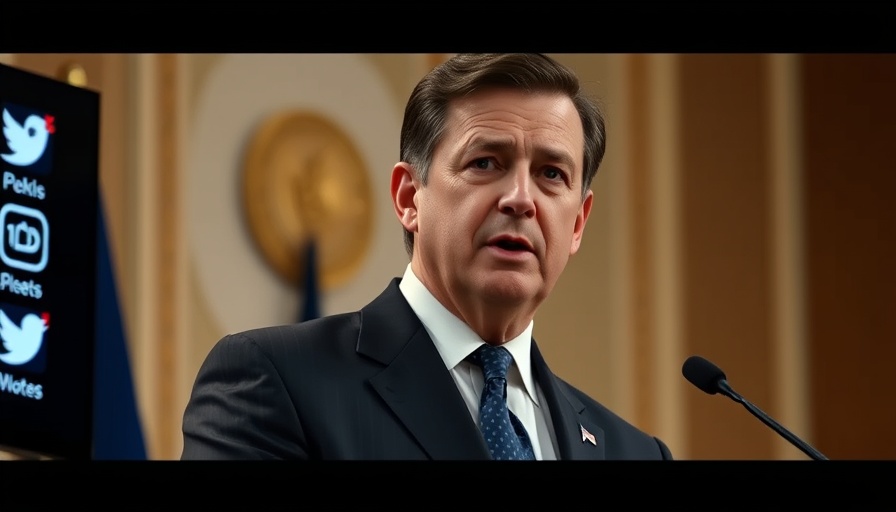
A Cold Front Approaches: What It Means for the Eastern and Western Cape
As another cold front prepares to sweep across the Eastern Cape and Western Cape, the South African Weather Services (SAWS) has issued a Yellow Level 2 warning for damaging winds. This warning comes at a time when the Eastern Cape is still reeling from the devastating effects of recent floods that have left many residents destitute and grappling with the aftermath of nature's fury.
The Climate Crisis: A Daily Reality
Residents of the Eastern Cape, particularly in vulnerable areas such as Mthatha, are left fearful for their homes. Nosandla Sibango, a flood victim, expressed her concern about the safety of her home, which is already compromised due to rising water levels. Her sentiments resonate with the larger narrative of climate change impacting South Africa, a reality that is becoming increasingly urgent for policymakers and communities alike.
The public must recognize that the worsening weather patterns in the country are not merely episodic but part of a broader pattern linked to climate change. This could fuel discussions around government policies related to environmental conservation and disaster management—areas in which much improvement is needed.
Weather Warnings and Community Preparedness
The cold front is expected to bring heavy rainfall, with predictions of 30-60% showers across various regions, peaking at 80% in the southwestern areas. Further, the Western Cape is bracing for what forecaster Joew Malebane describes as an “icy grip of a strong storm front” that will not only threaten property but also lives. This raises an important question: is our community prepared?
Emergency teams are on alert, but the reality is that many communities in South Africa lack access to adequate resources for disaster preparedness. This aligns with the ongoing national discourse surrounding service delivery protests, as citizens seek accountability and actionable policies from their government on issues crucial for their safety.
Addressing Underlying Issues: It’s More Than Just Weather
The cold front's advent also acts as a stark reminder that climate-related disasters exacerbate existing socio-political issues in South Africa. Apart from the immediate threat of extreme weather, the public must consider the long-term implications of government neglect—especially in impoverished areas where housing is already a significant issue.
With a rising death toll from previous flooding incidents currently sitting at 101, the public is justified in questioning whether the government has done enough to protect its citizens. The need for rapid governmental action in the face of impending weather threats is becoming increasingly urgent, prompting discussions around accountability and reform in the handling of such crises.
Future Predictions: What Lies Ahead?
As weather events grow more severe, officials must craft robust policies that address both immediate and long-term needs. Discussions surrounding economic recovery, particularly in affected areas, will necessitate increased foreign investment into infrastructure improvements and disaster resilience strategies. A more sustainable approach will empower communities to withstand these natural challenges.
Additionally, the South African political landscape—particularly ahead of national elections—will likely see climate change emerge as a key topic. Public support for parties that emphasize environmental issues, such as the ANC and the Democratic Alliance, could shift based on their responsiveness to these crises.
Taking Action: What Can You Do?
For residents and professionals alike, understanding climate change's impact on weather patterns is crucial. Advocating for community preparedness initiatives, participating in local discussions, and holding government officials accountable can yield tangible results. It is within every citizen’s power to engage in the discourse surrounding climate resilience and push for sustained governmental and institutional reforms.
In closing, the upcoming cold front highlights both immediate dangers and systemic weaknesses in South Africa’s response to climate change. As we brace for what lies ahead, it is essential that we demand transparency and better policies from our leaders, ensuring that our communities can not only survive but thrive in the face of future challenges.
 Add Row
Add Row  Add
Add 




Write A Comment